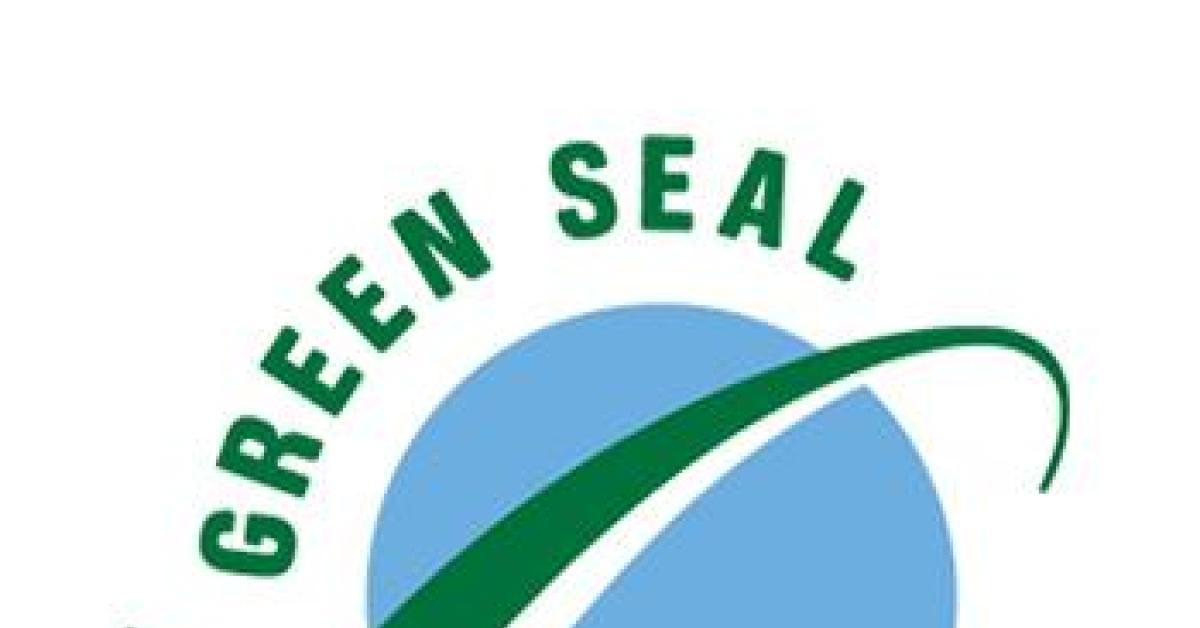WASHINGTON — The Green Seal™ environmental certification organization has published GS-51, a new standard designed to address the life cycle impacts of laundry care products for institutional and industrial settings.
Traditional laundry products are “significant contributors to water pollution, and manufacturers and users risk exposure to harmful chemicals through inhalation and skin contact when using many of these products,” Green Seal says.
GS-51 seeks to minimize or eliminate the use of many “hazardous ingredients” found in these products, plus provides an important benchmark regarding product concentration.
“Research has shown that the environmental impact of these products can be reduced by concentrating the product, thereby minimizing its volume,” says Dr. Arthur Weissman, president/CEO of Green Seal.
Concentrated products use less packaging material and contain less water, he adds. This equates to fewer pallets and trucks needed for transport and less space needed for storage.
The new standard also focuses on product performance; a framework for testing was developed in cooperation with the laundry care industry, according to Green Seal.
Roughly 80% of these products’ environmental impact occurs during usage, so the standard requires labels to recommend using the proper amount and washing full loads at the lowest possible temperature.
GS-51 covers more than 20 categories of products for conventional laundry and dry cleaning, including detergents, pre-wash products, and spot removers; additives such as alkali boosters; and fabric care products such as anti-static treatment, starches, and fabric softeners.
The new standard offers manufacturers a way to recognize industry leaders, and gives purchasers a way to identify safer, more environmentally preferable institutional laundry products, Green Seal says.
The standard, certification tools, application information and more are available for free download on the Green Seal website.
Have a question or comment? E-mail our editor Dave Davis at [email protected].
